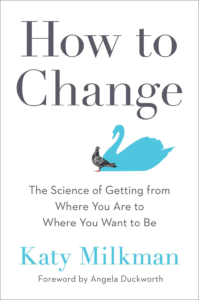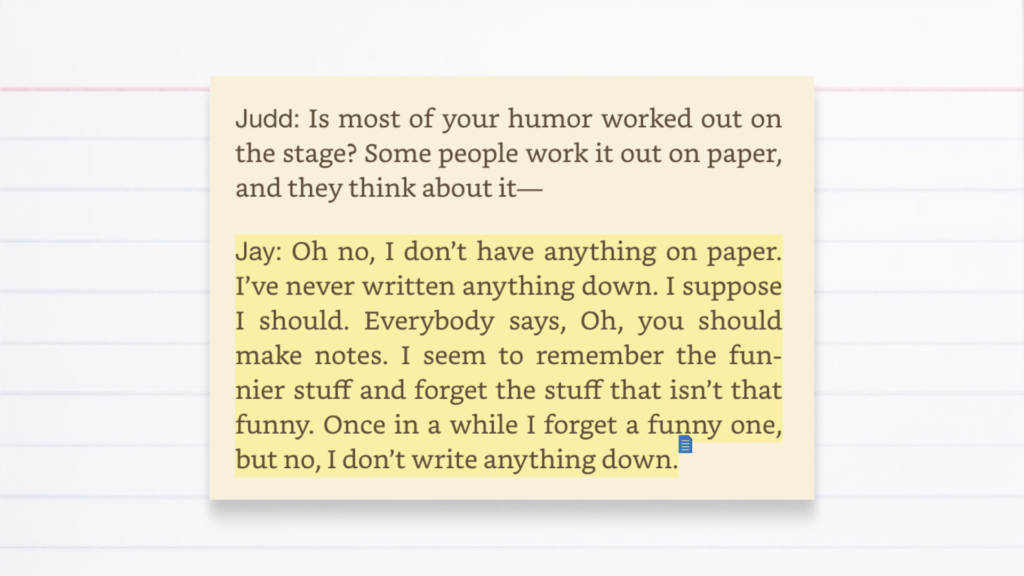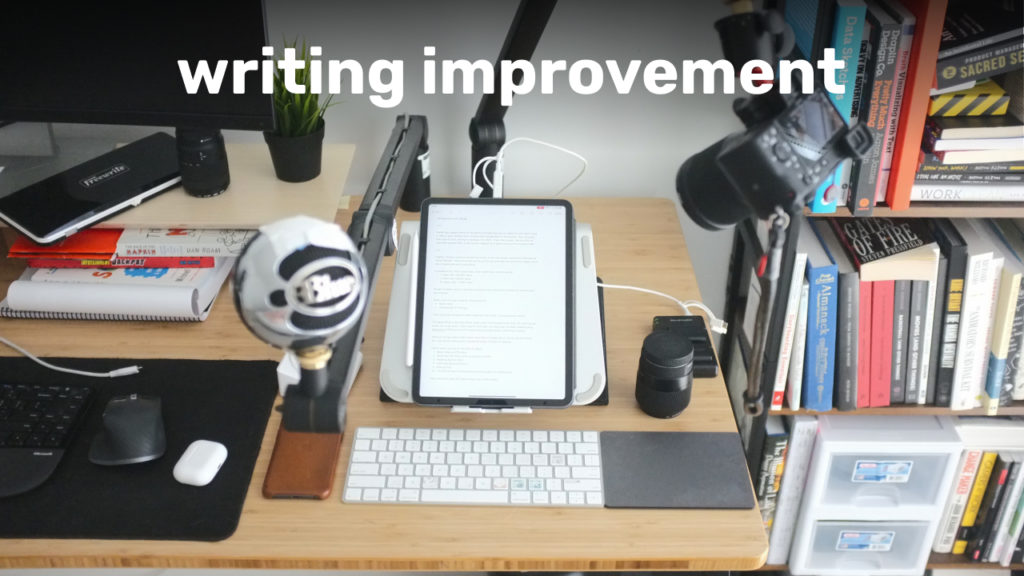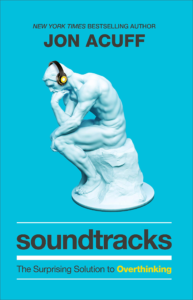Been feeling a little more focused the past few days. We’ll see how long this feeling lasts, but things seem clear to me right now.
I’ll focus on making content about books I’m reading.
Some of this focus might be from getting a few days off work and off Twitter to think. We did a road trip to Joshua Tree, Palm Springs, and LA.
Tons of driving. Tons of listening. Tons of thinking.
(And tons of food—hit an all time high on the scale when I got back. Eye opening. But that’s for another post.)
Another source of inspiration: Alex and Books. I’ll link to his Instagram. That’s where he’s got his largest audience.
He just shares a bunch of notes on stuff he’s reading. He’s got a good social media approach to repurpose content across platforms.
I suspect I read enough (not quite as many as Alex) books to have things worth sharing.
I also go through a number of them fast and sloppily enough that I better be writing notes if I want to retain anything at all.
I rolled up my sleeves and did some coding.
Very light PHP and CSS changes. For someone who knows PHP at least. Which I do not. So it took a good amount of searching but I got the system set up.
I can now set up a page for each book I start reading. I can then do individual posts about the book (a single quote, for example) that have their own permalink.
Each of those links to the parent page, which has all the posts related to the book.
Did you need code? Couldn’t you have just done this with categories or tags or parent and child pages?
There are small issues with each approach. I didn’t want to have a new category for every book. Tags don’t provide hierarchy without plugins. And something seemed very heavy about pages and sub-pages.
That last one is more of a mental thing, but I did just like the idea that I’d still be able to use posts instead of sub-pages for writing a single book note at a time.
Anyway, check it out.
Here’s a parent page for How to Change
And here’s an individual note post
I did this before on my other blog a few years ago. I wrote these posts on Console Wars and was happy with the end result.
It’s really just a mental trick. Writing a bunch of random posts seems fruitless. It’s hard to see it add up.
Writing some kind of mega post with a whole bunch of excerpts then leads to feeling some pressure to tie it all together elegantly. To weave in and out.
That gets stressful. And usually means I won’t post anything at all.
I know I can write about one or two book highlights every day. It’s like the good old days of link blogging. Grab a highlight, add some commentary. Hit publish.
Continue to scroll through Google Reader endlessly.
If I collect a few into a post over time as I read a book, by the end the book page will be something worth sharing.
I also started cleaning up the podcast page.
This part was inspired by two podcasts: My First Million and Copyblogger. Each has been on a year lately by taking their podcasting efforts more seriously.
My First Million has been very focused on growth. They’re setting it up nicely as the pillar of The Hubspot podcast network.
Tim Stodz at Copyblogger has talked about recently doing the necessary things: show notes, transcripts, clip repurposing, etc. to improve the show experience for listeners.
I want to focus on making podcasts and videos about books I’m reading. And I want to improve that experience for the (small) audience I have. First step will be to add proper blog posts for every past podcast episode.
And in the future I’ll publish the blog post with the episode and start doing more proper show notes and descriptions and all that.
This is all a side project. But I want to take it a little more serious.
(One aside: I wrote this entire post on my phone. Set up a couple new book notes pages on my phone as well. This will get me one step closer to the Marc Lore esque “I only work from my phone” life.)












